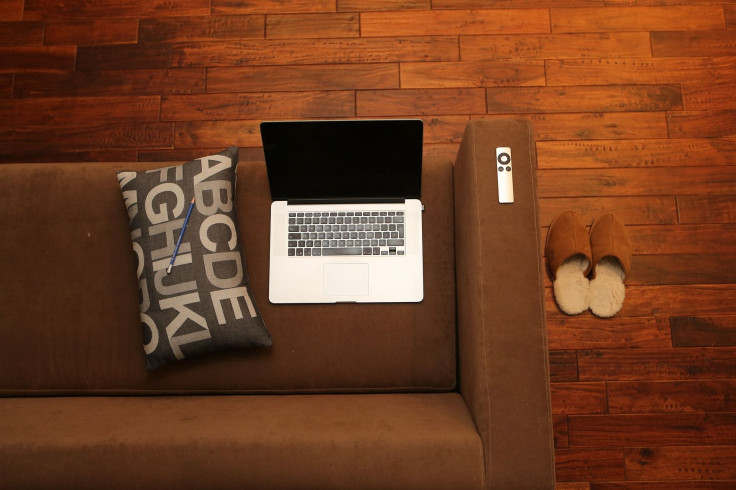Where We Are Shapes Who We Are: How Your Environment Defines Well-Being And Sense Of Self

Where we are — wandering through the streets of a city or our home environments — has a large impact on our psychology and behavior, according to a new study published in Frontiers in Psychology. While researchers and architects have known this for some time, the authors of the latest study hoped to examine the link between neuroscience and space a little more closely.
“ Knowing who we are, and where we are, are two fundamental aspects of our physical and mental experience,” the authors write in the abstract. “Although the domains of spatial and social cognition are often studied independently, a few recent areas of scholarship have explored the interactions of place and self. This fits in with increasing evidence for embodied theories of cognition, where mental processes are grounded in action and perception. Who we are might be integrated with where we are, and impact how we move through space. ”
In their paper, the researchers discuss how our experiences of space shape how we interact with it. If we learn the streets of a neighborhood using a map, for instance, our understanding of the space will be quite different from learning it by simply wandering around — in which we recognize objects in relation to ourselves. Social perspectives also play a role in our experience of space; associating certain spaces with close or distant friends also has an impact on our special perspective.
This information could help inform architects in designing spaces that improve well-being and mental health, the researchers note. “Recently, architects and urban planners have started to consider the abilities and reference frames of those using the space to optimize the design of the built environment,” they write. But it can also help explain certain cognitive or psychological features in people who grew up in specific environments that in turn impacted their well-being and sense of self.
“The built environment can restrict or promote spatial cognition, which can influence one’s self-hood,” the authors continue. “Our spatial coordinates and our ‘selves’ are intertwined.”
With this in mind, we can work to improve our direct environments and in turn boost mental health. Past research has found that the built environment can both directly and indirectly impact our mental health. Everything from the amount of space in an apartment, to the level of daylight and noise outside can increase psychological distress, according to researchers.
Source: Proulx M, Todorov O, Aiken A, Sousa A. Where am I? Who am I? The Relation Between Spatial Cognition, Social Cognition and Individual Differences in the Built Environment. Frontiers in Psychology , 2016.
Published by Medicaldaily.com



























